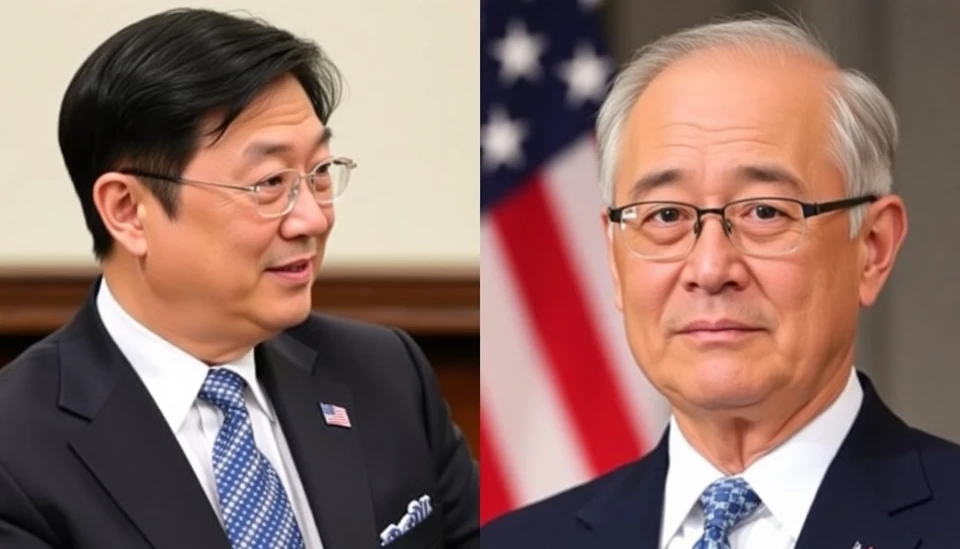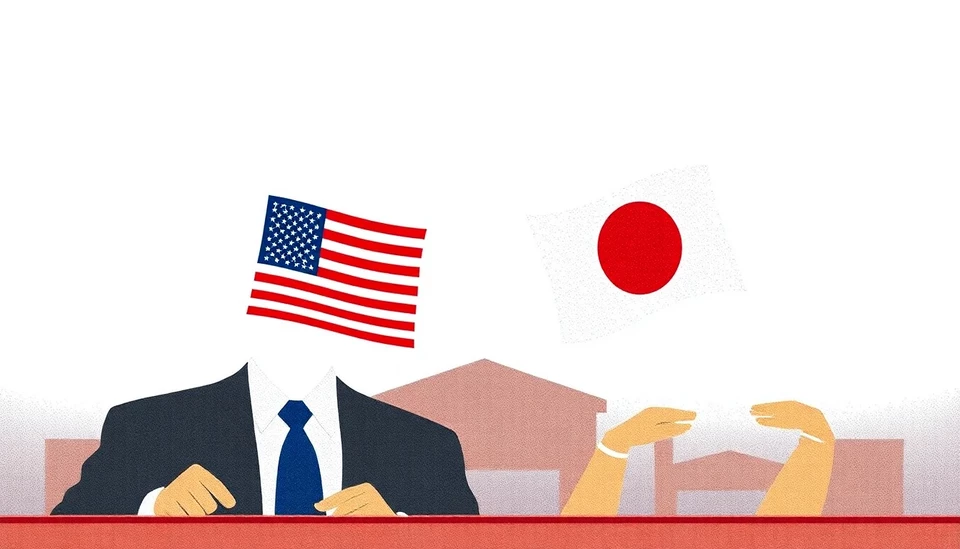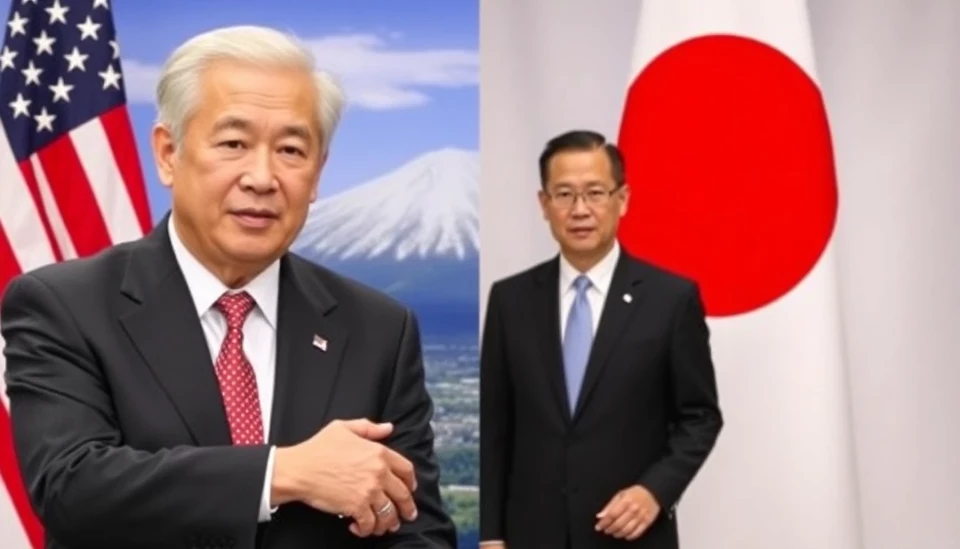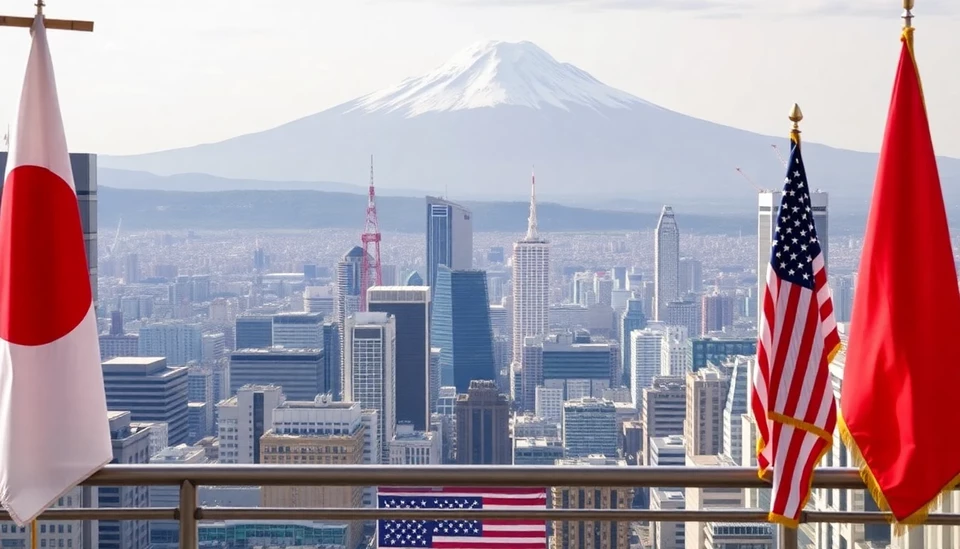
In a significant turn of events regarding international trade, the pulse of sweeping tariff negotiations with the United States is set to quicken under the guidance of Ishiba's trusted aide. As global financial landscapes shift and tensions rise, the appointment of a formidable figure in trade dialogues is being closely watched. This strategic positioning stems from ongoing discussions aimed at recalibrating existing tariffs that impact a myriad of industries.
The individual stepping into this pivotal role is recognized for their adept understanding of both domestic and international markets, promising a fresh approach to negotiations that could resonate across multiple sectors. The timing of these talks is particularly crucial as they coincide with varying economic pressures, including inflationary tendencies in the U.S. and competing economic interests from abroad.
Critics and supporters alike are keenly observing how this leadership change will influence the dialogue, especially with respect to longstanding issues that have affected trade relations. Efforts to ease tariffs on essential imports are expected to take center stage, with hopes that such measures could spur economic growth and foster better trade relations.
The implications of this negotiation are profound, not just for the U.S. but also for its trading partners, which span the globe. Key sectors such as agriculture, tech, and manufacturing are likely to feel the reverberations of the outcomes, as discussions unfold over the course of the coming weeks.
As the negotiator begins to set the pace and tone for discussions, analysts predict a complex mix of negotiations, as traditional barriers are re-evaluated in light of new economic realities. Stakeholders on both sides of the equation are preparing for a series of potential concessions that may help bridge gaps that have historically complicated trade talks.
The anticipation surrounding these negotiations highlights an era of uncertainty within global trade. Many are hopeful that a constructive dialogue led by a trusted negotiator could break the deadlock and pave the way for progressive reforms that enhance trade flows and economic cooperation.
As the discussions ramp up, the focus will also be on engaging with industry leaders who will provide valuable insights and feedback on how these tariff adjustments could affect their operations. Understanding the nuances of each sector will be crucial in structuring deals that benefit all parties involved.
In conclusion, as Ishiba's right-hand man takes charge in these high-stakes tariff discussions, the landscape of U.S. international trade is bracing for potentially transformative changes that will be felt around the world. The coming weeks are sure to be pivotal as stakeholders watch closely for any developments that could redefine the rules of trade.
#TariffTalks #Ishiba #TradeNegotiations #USTrade #EconomicReform #GlobalMarkets
Author: Laura Mitchell




